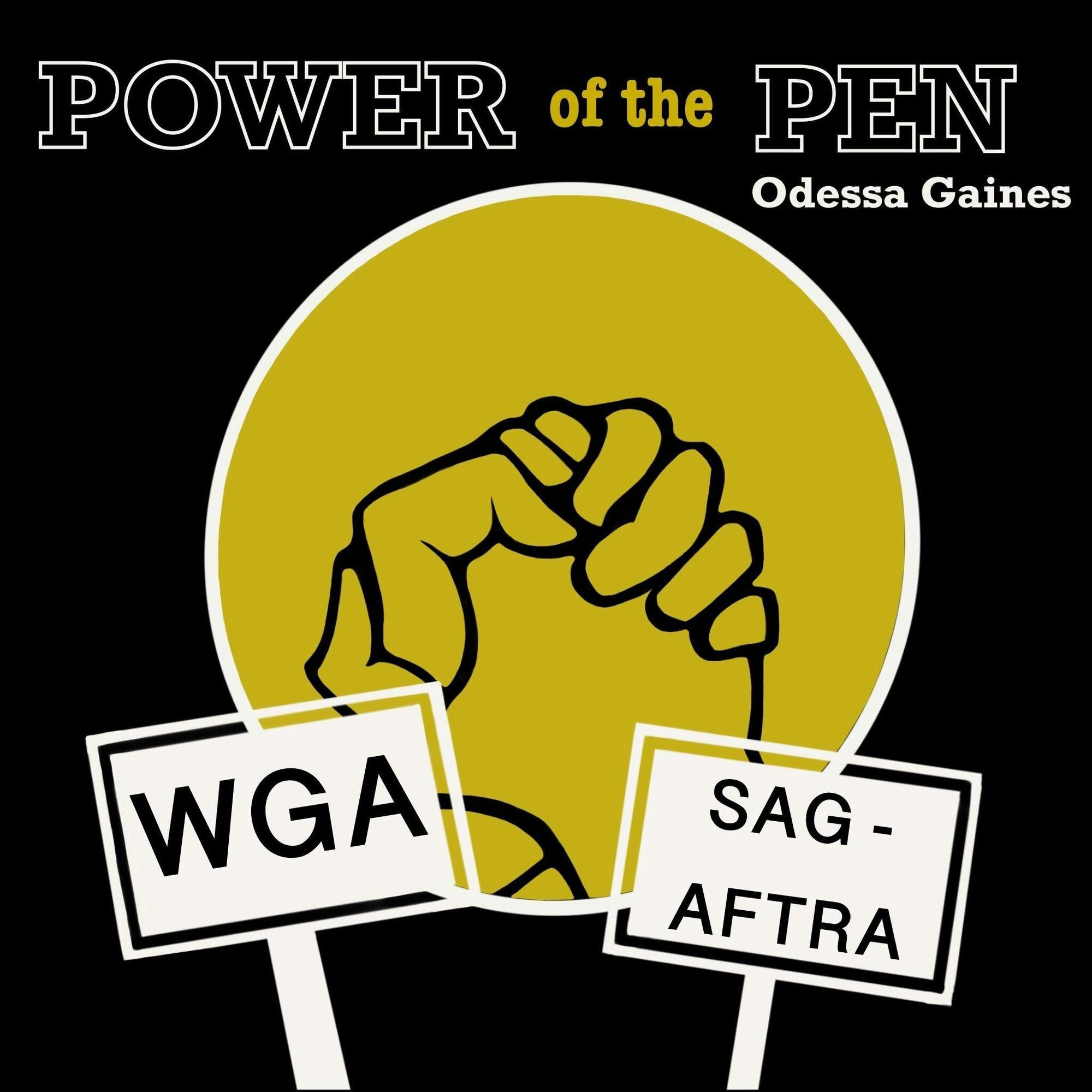We have finally come to the end of not only the Writers Guild of America and the Screen Actors Guild and American Federation of Television and Radio Artists strikes of 2023, but also this column. Throughout the past few months, I aimed to give even the slightest bit of insight into what was going on in the Hollywood industry machine and the power a strike can hold.
When I first started out with this column, I had a full list of topics, ranging from how the strike affected writers across the country, to how production crews were impacted, to the history of other significant guild strikes. I wanted to touch on the big issues but also the significance and history behind it all.
With only 500 words a week, there was only so much I could say, but I believe we were able to provide just a piece of the puzzle for others to understand what happened over the last few months.
As the writers and actors banded together this year, big studios faced major delays in productions and releases, like Zendaya’s “Challengers” (2024), which was moved from its initial September release date to next April. Additionally, in solidarity with other actors and in following what guild rules outline, actors involved in productions not approved by the guild walked out on promotions for said productions, as seen with “Barbie” (2023) at the very start of the actors strike on July 14.
The end of both strikes saw significant improvements in contracts for actors and writers alike. The improvements emphasized individual rights toward identity and creative work via artificial intelligence limitations, in addition to increasing pay via streaming residual and wage increases. The strikes pushed the studios until they no longer held the upper hand, ensuring actors' and screenwriters' rights were protected.
While it may seem that big names like Fran Drescher of “The Nanny” (1993–99) were at the forefront and leaders of the strike, the outcomes of these movements will better the lives and careers of hundreds of thousands of people and artists. The final contract deals have changed history in the film and TV industries.
In history, we have seen over and over again that strikes work — despite the efforts of figures like former President Ronald Reagan. From TV writers striking against Hollywood’s elite to teachers in K–12 schools, striking holds power because it disrupts the industry and calls for action. When workers and individuals unionize, change is made for the better, even if it takes 118 days.
So, what exactly did we learn from the strike? The voices of many and the power of the pen could change everything.






